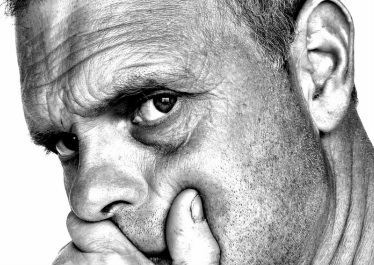|
The ‘BUT game’ is a simple way to explore the consequences of making a specific choice. It will not tell you which choice you should make but rather it will get the FACTS out in the open. What you choose to do from here will be your ‘more informed’ choice to make. Here’s how it works… Firstly there needs to be some awareness of the choices you’re making, or are about to make. For example if you have promised yourself that you will go for a run after work and you will do this immediately after arriving home, you need to be aware that this is the plan. You also need to pre-empt or be aware of any additional choices that will present themselves around this time e.g. instead of leaving straight away I will sit down for 5 minutes and watch TV, or I will just grab a quick snack before going. You will know what these ‘alternate’ choices are if you really think about them. They wont be anything new or exotic but rather they will be the same old things you would usually do or have done in the past. Secondly there needs to be a willingness to play the ‘BUT game’ upon realising that you do in fact have a choice. Think of it like a turnstile at the intersection of a crossroad. You need to firstly STOP, then THINK (play the ‘BUT game’) before making your choice and walking through. Using the same example, imagine that you walk straight in the door with the intention of going to your bedroom to put your running gear on. As you do however you automatically stop and open the fridge looking for something quick and satisfying to eat. THIS IS THE POINT where you need to STOP and then THINK. This is the point where you need to play the ‘BUT game’. This is the first step to challenging the choices you make, and believe it or not is often the most difficult part of the process.
Thirdly, assuming you are aware of the choices you’re making and are willing to play the game, you would begin. Using the same example and picking up at the point where you find yourself staring into the fridge after promising yourself you would go for a run straight away… the actual ‘BUT game’ would look something like the following: Considering choice 1 (Eating something in the fridge) you would say to yourself something along the lines of…
Considering choice 2 (Going for the promised run) you would say to yourself something along the lines of…
Considering both of your choices and your thinking round the ‘BUT’s’ for making each choice you would ask yourself…
That’s it! The ‘BUT game’ is not rocket science, but it is effective. As mentioned above the hardest step is actually entering into this mental dialogue with yourself in the first place. Once you have gotten past this step in most cases you will find the right choice is a no brainer. It becomes very difficult, or at the least a little more difficult, to make a poor choice when all of the consequences and ramifications have been laid out in a factual way. So are you up for the challenge? Will you play the ‘BUT game’ or when you think about it are you thinking to yourself, ‘I’d like to play this game BUT…’ Good luck! For those of you who would like to know more about the theory behind this approach, check out ‘Cognitive Dissonance Theory’ under the ‘Motivational Theories’ category
0 Comments
Leave a Reply. |
AuthorMatt Williams Archives
December 2015
Categories
All
|
|
Exercise Change© 2011-2022 ● [email protected] ● 021 107 1270 ● (int) +64 21 107 1270
|

 RSS Feed
RSS Feed
